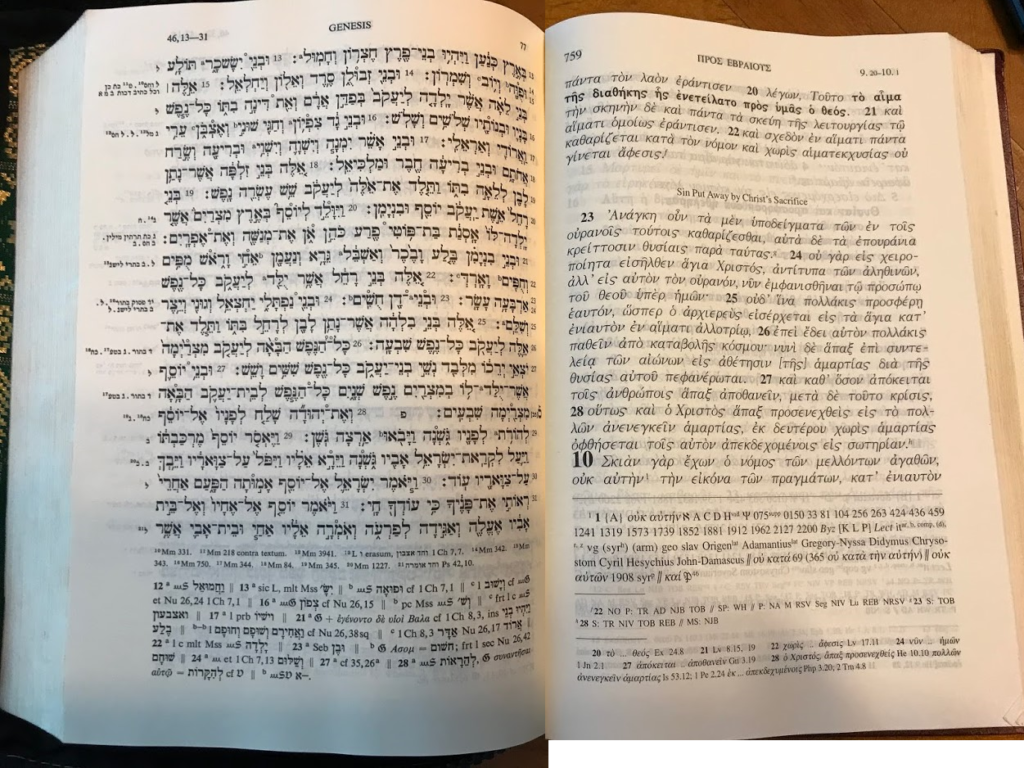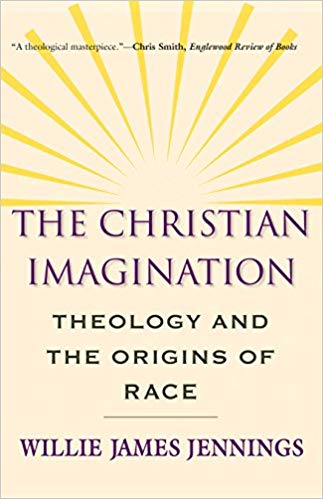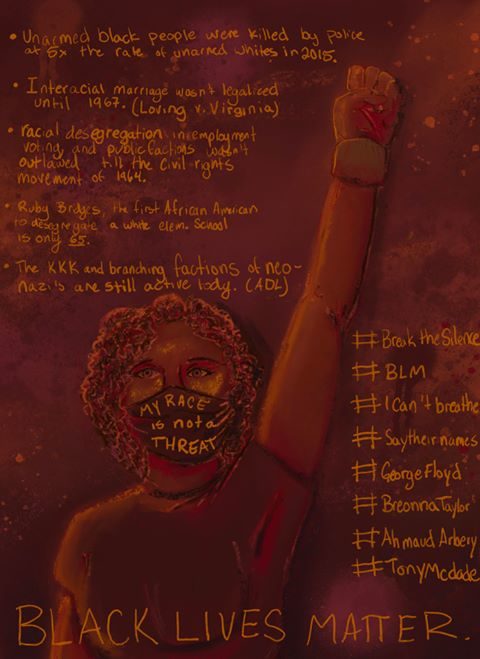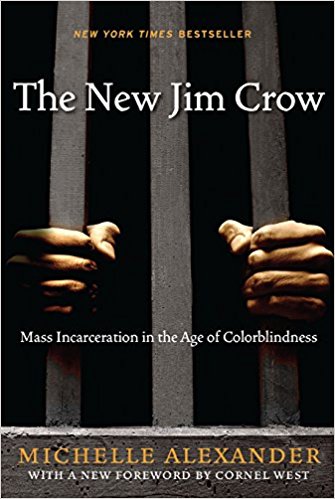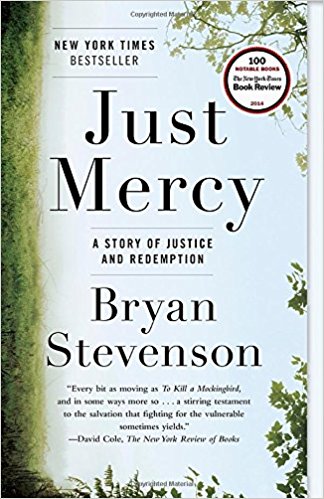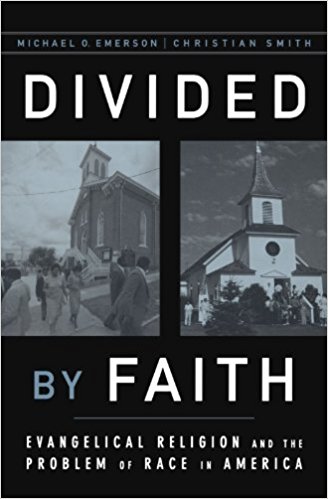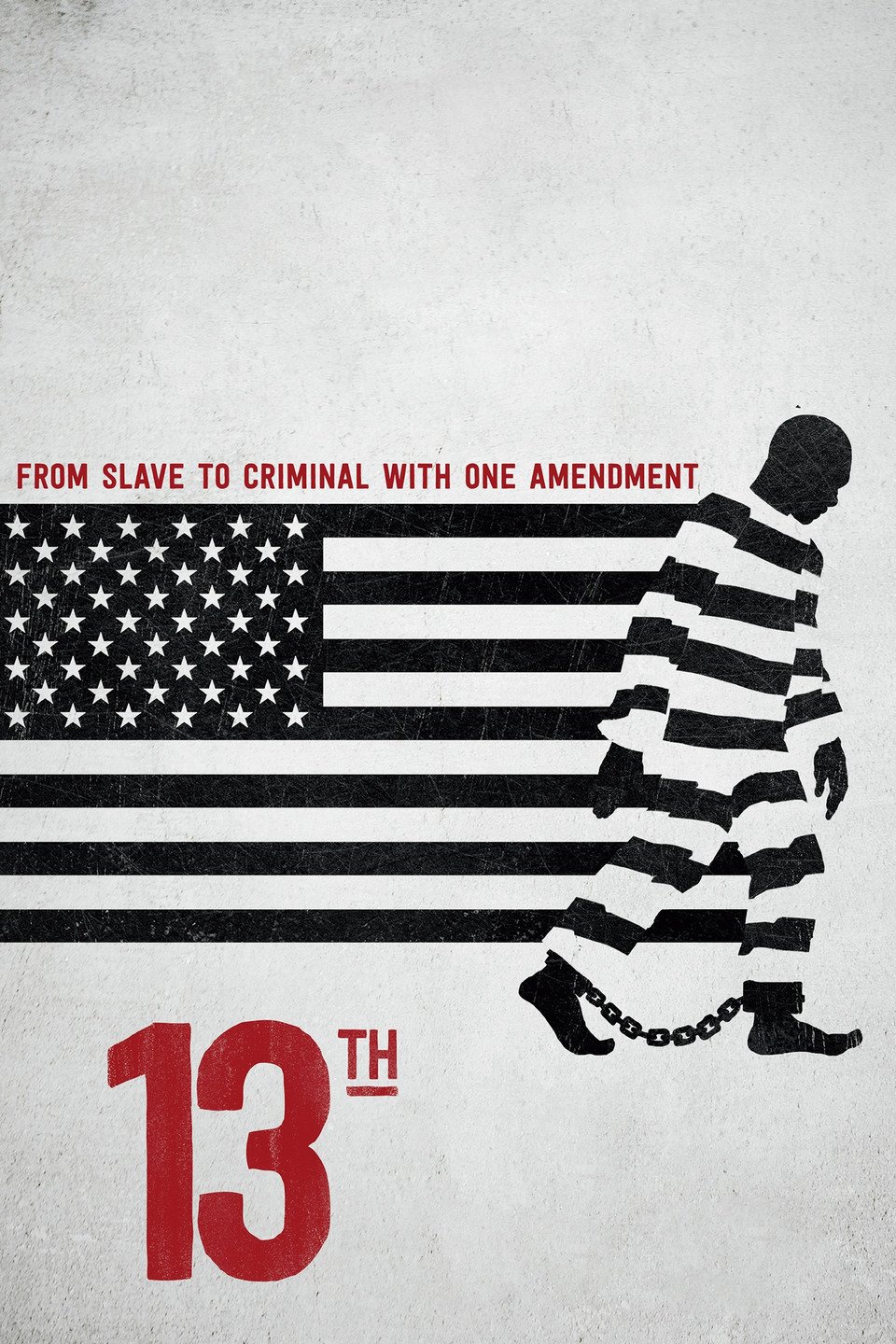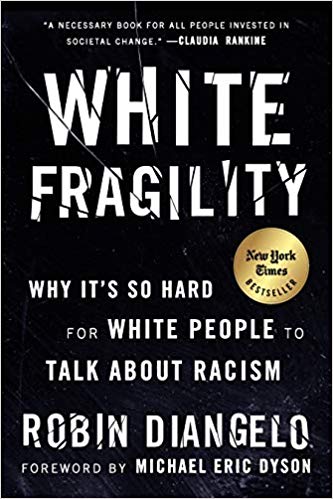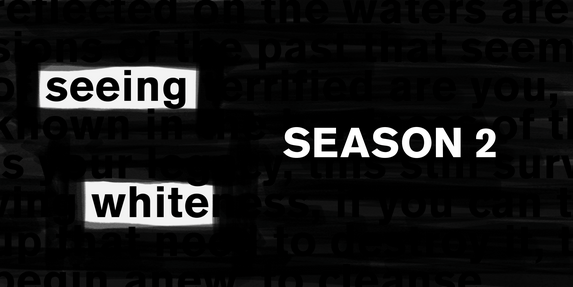Book Review: Kadi Cole, Developing Female Leaders
Have you ever read a book where on one page you want to shout “Hallelujah!” and the next you have grave concerns? I am aware of two books specifically designed to help men support women leaders, and both of them fit that bill. There is so much good and necessary advice that I can’t bring myself not to mention them. But there is so much bad in each that I shudder to recommend them.
One of them is Athena Rising: how and why men should mentor women by W. Brad Johnson, David Smith. They offer tools, techniques and reminders for how and why men should mentor women. I find the military language and some assumptions of men’s (weaponized) incompetence off-putting and counterproductive to the goals of gender equity, but this book offers many sound principles.
The second is Kadi Cole’s Developing Female Leaders: navigate the minefields and release the potential of women in your church. In this review, I want to add some missing information and point out some problem areas, but this book is packed with great advice, too!
“[T]here is staggering research from the marketplace that shows the more successful a man is, the more ‘likeable’ he is. But it is the exact opposite for a woman. The higher in an organization a woman leads, the less ‘likeable’ she becomes.”
— Kadi Cole, Developing Female Leaders: Navigate the Minefields and Release the Potential of Women in Your Church (Nashville, TN: Thomas Nelson, 2019), 62.
Here are my thoughts on this book (quotes in italics):
- “To answer that question, you have to get a little inside a woman’s head. I know that’s a scary thought, but bear with me” (2). There is no need to pander to gender stereotypes that are already problematic. Honestly, there is little of this kind of content in the book, but it unaccountably pops up once again in the bonus chapter: “Unfortunately, so far in our research, we have not identified any husbands who can read their wives’ minds” (209).
- ~~~~~
- In Chapter 1, the author describes “sticky floor” challenges, and this is extremely helpful information. On the other hand, she leaves out a discussion of the double bind many women find themselves in, where if she doesn’t step up, she is overlooked, but if she steps up, she is rejected as “too pushy.”
- ~~~~~
- As a side note, I have noticed that men are frequently blindsided by women’s ambitions. A woman may have served under his authority and built up a mutually trusting relationship, but if she starts expressing her desire to become a senior pastor or begin church planting, he may suddenly see her as a rival, feel betrayed, and react emotionally.
- ~~~~~
- “She may need more encouragement and even a little ‘loving push’ to go for a new opportunity” (13). She may certainly need encouragement. But pushing a woman to take on more responsibilities when she is resistant not only sets her up for failure but teaches her not to trust her own sense of her strengths, abilities, and ambitions, not to mention her time constraints outside of work.
- ~~~~~
- Chapter 2 is fabulous, except that two views of the Trinity are presented as though they are equally valid. In fact, “First at the council of Nicea in 325 AD, and then at the council of Constantinople in 381 AD, the idea that the Son was subordinated in his being to the Father was totally rejected” as heretical.
- ~~~~~
- In Chapter 3, Cole suggests hiring only “great female leaders” (41). Her views here are very problematic. On the one hand, she is right that the first women in leadership will be judged strictly and any failures may be used to close doors to women in the future. However, her solution that the women hired must be practically perfect is unworkable:
- Even if a great woman is hired, if the culture into which she is hired is that judgmental, even minor flaws will be used to reject future women hires. And nobody, not even a great woman, ought to be expected to carry the stress of being responsible for the future of untold women applicants. That stress alone could make her fail.
- Instead, a better way forward would be for several champions to begin to critique these unrealistic expectations out loud, creating a climate in which the woman has the space to succeed and fail by turn, like everyone else. At the same time, leaders might work to replace any men on the team who would demand unrealistic performance from a woman in leadership, or men whose egos are threatened by successful women peers.
- ~~~~~
- In Chapter 4, we find the quote cited above about likeability and success. And I want to add that because likeability goes along with success in men, people often assume that because they don’t like the successful woman, she is not, in fact, successful. Even worse, social identity theory shows that in order to be successful, a leader has to be seen as “one of us.” And the more a successful woman is disliked, the harder it is for the community to see her as “one of us,” which will inevitably lead to her becoming unsuccessful. This spiral requires intentional pushback from established leaders in order to counteract negative assumptions. Perhaps men with status in the community might consistently praise both her successes and her likeability. Explain to her what you are doing and why, and listen to her input, too. She will likely have a better sense of what circles dislike her.
- ~~~~~
- Also in Chapter 4, there is a section called “Identity in Christ” in which Cole extols the maturity that can be developed during times of … well, I’m just going to call it sinful abuse by superiors. This viewpoint on this very real problem, however, is quite short-sighted for four reasons:
- Men often don’t go through this development of maturity through marginalization. Because of that, the cycle of mature women trying to serve under the authority of immature men is perpetuated.
- It is harmful to label sin as ultimately good.
- Although some women do persevere and mature through this process, in my experience, for every woman who does that, there are at least 2-3 women who (rightly) refuse to continue to allow themselves to be sinned against and leave. Their considerable gifts are now lost to the church. Depending on how badly she has been wounded, they may be lost to the world.
- When gifted women are wounded in these ways, it causes waves of unintended and sometimes unseen repercussions on everyone around her. All within the church who saw how she was treated got the message loud and clear, and those memories will serve in the future to warn women from stepping into leadership. All who love this woman, her family and friends, have also seen her sinned against and have walked with her through her pain and recovery. They will then have to work through their own anger and distrust of church hierarchies. These are secondary consequences to the primary sin of harming a woman created in the image of God, but it is important to note that when a woman leader disappears, her family and friends often disappear with her. She may even suffer further as the church hierarchy points to the disappearance of her family and friends as further evidence of her “divisiveness.”
- ~~~~~
- “Men would probably be astounded at how many negative thoughts a woman has going on in her head on a given day” (66). This seems to be such a sweeping generalization to make on the basis of one interview. Is such a gender disparity in any way backed up by research?
- ~~~~~
- Imposter Syndrome is not a uniquely female experience, nor are the identity issues listed here, although it’s true that they may be more prevalent in women because of our socialization (67).
- ~~~~~
- Throughout the book, women’s emotions are described as somehow foundationally different than men’s. This is not the case. Men have all the same emotions as women, we are just conditioned to express them differently. (See men at the Superbowl, for just one commonly cited example of men expressing emotion in a fairly uncontrolled way.)
- ~~~~~
- Chapter 5 points out the expectations that women will not only build relationships with peers, but with any women married to or working with their peers (89). This is an extremely helpful observation. It would have been good, though, to end this section with the suggestion that men work to change these expectations as they add unfairly to women’s workloads.
- ~~~~~
- In Chapter 6, Cole, speaking about sexual harassment, suggests that the good thing “about being involved in church ministry is that, as Christians, we know this is wrong” (94). In my experience, this is not the case. Christians often reduce sexual harassment to non-consensual touching and verbal vulgarities, but are unaware of power dynamics and more subtle forms of sexual abuse.
- ~~~~~
- Cole’s views on the Billy Graham Rule are problematic. Better resources for accountability can be found here.
- ~~~~~
- Also in Chapter 6, the description about how close people stand to one another is culturally determined, which Cole does not mention.
- ~~~~~
- Chapter 7 has a great description of some of the issues surrounding titles, and I would like to add one thing. Men can say, “Just call me Joe” with no loss of authority. In fact, they are often rewarded with more respect for that kind of comment. But in some church cultures, women may be struggling to be treated with any respect at all. If the men in leadership use her title and correct those who don’t, this may begin to change the culture. Using a woman’s titles also allows men to work through their discomfort with women in authority caused by years of exposure to cultural biases. But when the men around her are foregoing the use of titles for themselves, for her to insist on hers looks prideful or petty. This is all very dependent on church culture, of course. But at least until everyone is comfortable with the authority and responsibilities that a woman is carrying, it can be helpful for the men in the room to kindly insist both on their own titles and hers being used.
- ~~~~~
- I found the section on family benefits in Chapter 7 quite biased. Men should be carrying more of the caretaking roles at home if both work; family benefits are important for men, too, and fathers as well as mothers should be putting their families first.
- ~~~~~
- Here’s a good example of the wide variety of responses I had to this book:
- On page 133, speaking of the “terrible attitudes” of some gifted women, she says they have “shocking behaviors when their leaders leave the room,” they “constantly complain,” “claim that they are not valued,” have “been allowed to be discontent, negative, and undeveloped,” and “have a long way to go, even if they do have gifts that can be used in a leadership role.” She says all this, but thinks this is the result of a lack of honest feedback. But if we go back to what I said about the “Identity in Christ” section, this is exactly the outcome when gifted women are expected to submit to insecure or immature male leaders. Certainly, some women have the internal resources and the external support to mature through that process. And some women simply leave. But to put women who know they are gifted and called under the authority of people (women or men) who refuse to honor those gifts is to create a painful and frustrating tug-of-war. The woman hears God calling her in one direction and, when she obeys, she hits a brick wall and is told by her boss to go in the opposite direction. And that inevitably breeds frustrations that can be expressed in just the ways Cole describes. The problem is not lack of feedback. The problem is lack of investment and constant microaggressions.
- On page 134, she notes the “unspoken idea that inviting women into leadership means that you have to allow all women to lead.” I love this! It is almost comical how widespread this assumption is!
- On pages 135ff, Cole provides a list of “Minimum Baseline Metrics” that is priceless.
- ~~~~~
- I really appreciated the section on asking and listening in Chapter 9, with just the caveat that you might have to prove that you are serious about changing the environment by, for example, correcting public sexism publicly and making other visible and concrete changes before women are willing to respond deeply and vulnerably to your offer to listen. And be prepared–there are often whole worlds of oppression of which you have been unaware. How are you going to respond if a woman tells you that when you are out of the room, your best friend demeans or ridicules them?
- ~~~~~
- This seems picky, but I think it’s important. Cole suggests a good question to ask is “Where could women add value and maximize their gifts” (169)? On the one hand, as a generic question, I have to wonder, “Is there anywhere women couldn’t add value?” On the other hand, perhaps what she meant was, “Where could the specific women on your team add more value in your church and maximize their specific gifts?” That’s a great question!
- ~~~~~
- Another comment on Chapter 9–not a correction, just a comment. There is nothing worse for leadership development than to hand out and work through spiritual gifts surveys and then not follow through with investment into those surveyed and actual development of positions around those gifts.
- ~~~~~
- Also, while women volunteers are a wonderful source of labor and potential pool for leaders (179), the request that each woman volunteer one more hour a month ignores the fact that women’s available time is decreasing in our society. If you want more from your volunteers, make sure you find out what you can do to lighten their other loads.
- ~~~~~
- Finally, the lists of “Words of Encouragement” from women and men at the end of the book:
- Be careful of the last of the words from the women: “Do the very best you can in those smaller arenas. God will notice, and other people will open new doors for you” (215). Cole already warned against this earlier in the book. This is called Tiara Syndrome, and this article describes the way it comes up, for example, in contract negotiations.
- None of the encouraging words “From the Guys” are actually helpful, and several contradict what Cole says in the rest of the book. The only exception I found was this one: “If you’re in a place where you are just walking through mud because of the environment that you’re in, make sure God has specifically called you there” (216). That’s great advice!
I hope this helps you make the most of a book that, alongside these problems, provides treasures of great material!

